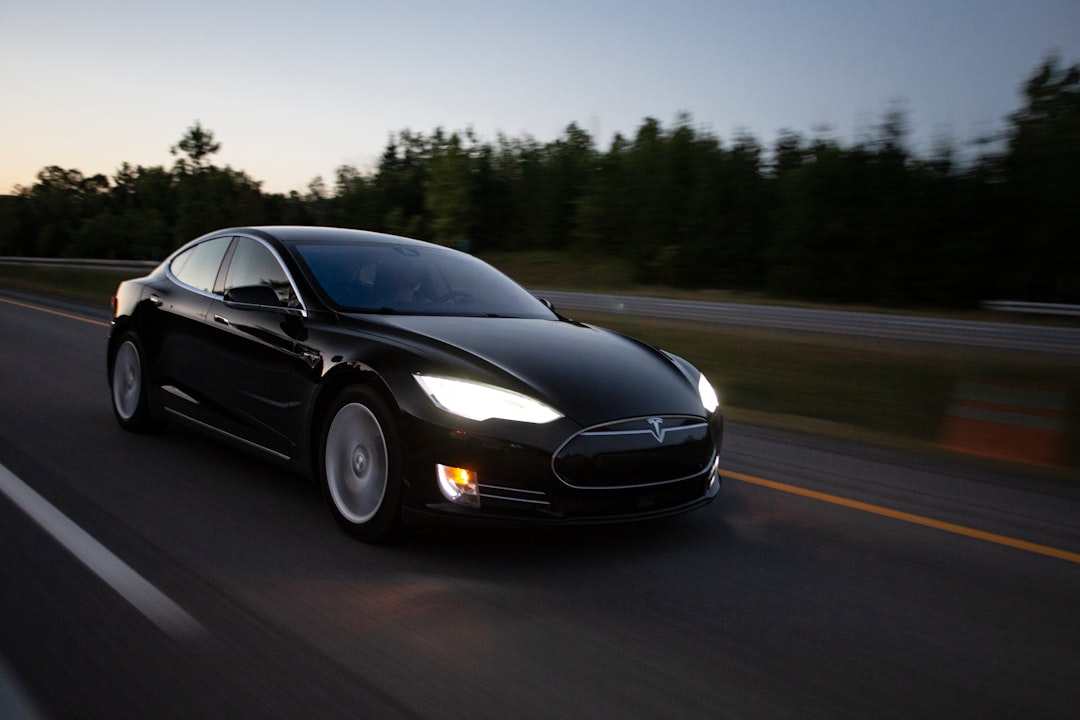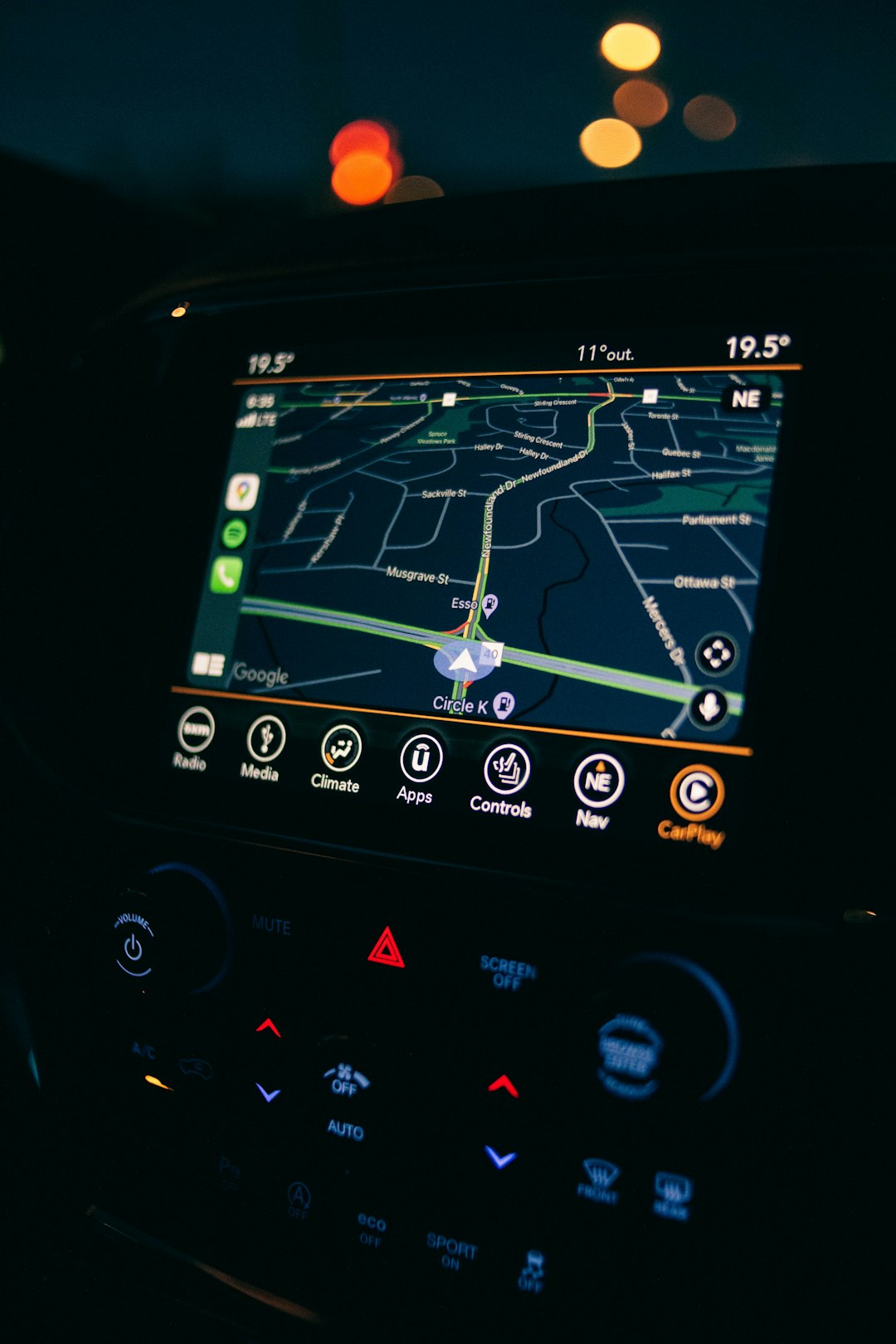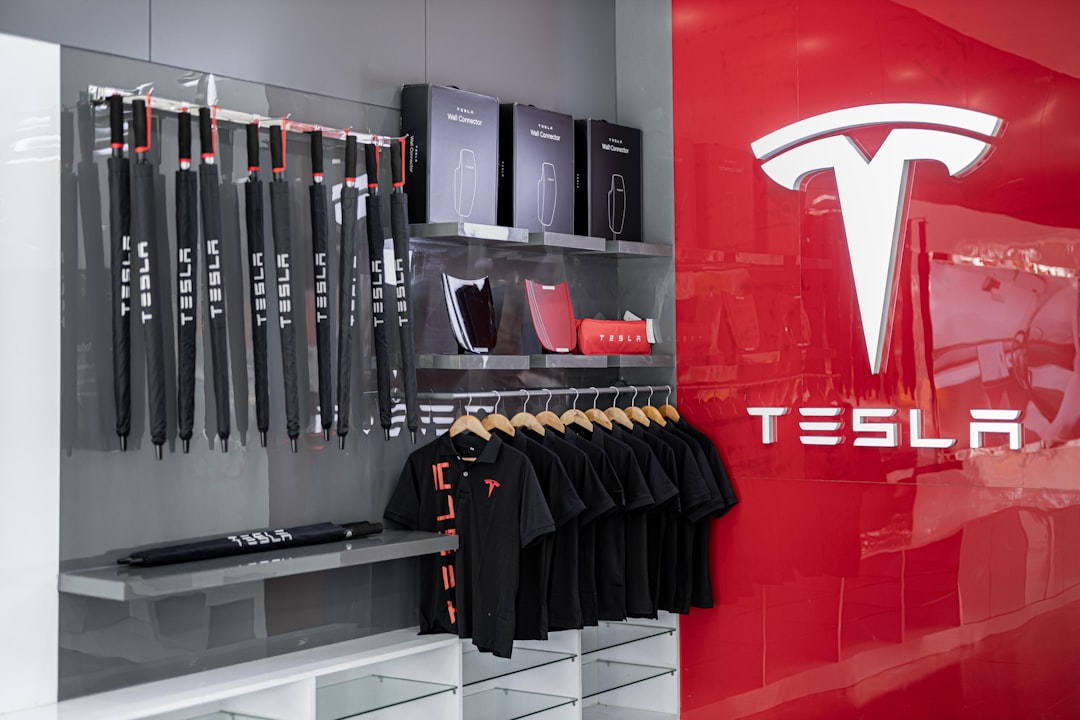Tesla vehicles are known for their cutting-edge technology, but like any tech-driven product, they aren’t immune to occasional issues. Two of the more common problems Tesla owners encounter are the “Cameras Unavailable” error and navigation systems not functioning correctly. These issues can be confusing and inconvenient, especially as they interfere with Autopilot features and real-time navigation.
This article explores why these issues occur, how to address them at home, and when to seek professional assistance. With the correct approach, most of these problems can be resolved without a visit to a Tesla service center.
Understanding the “Cameras Unavailable” Issue
Tesla relies heavily on its camera systems for features like Autopilot, Sentry Mode, and lane assistance. When the “Cameras Unavailable” message appears, it usually indicates the car is unable to access necessary camera input. This can stem from a variety of causes.
Common Causes of Camera Unavailability
- Software glitches: Tesla software updates can occasionally introduce minor bugs that affect camera systems.
- Environmental obstructions: Dirt, ice, rain, or fog can temporarily block the camera’s view.
- Hardware faults: Damaged or disconnected cameras can trigger this alert.
- Excessive heat or cold: Extreme temperatures can cause temporary camera shutdowns.

Fixes for “Cameras Unavailable”
1. Perform a Soft Reboot
The quickest fix is to perform a soft reset of the vehicle’s systems. This can clear minor glitches preventing camera access. Here’s how to do it:
- Put the vehicle in Park.
- Hold down both scroll wheels on the steering wheel simultaneously.
- Wait for the screen to go black and the Tesla “T” logo to appear.
Wait a few minutes after the reboot and check if the camera system is restored.
2. Clean the Cameras
Use a microfiber cloth to gently clean all camera lenses. Pay attention to:
- Side fender cameras
- Windshield camera (top center area)
- Rear camera (above the license plate)
Avoid using harsh chemicals or abrasive materials. Cleaning is especially critical in snowy or muddy environments.
3. Check for Firmware Updates
Ensure your Tesla is running the latest software by navigating to:
Controls > Software
If an update is available, install it when the car is idle and connected to Wi-Fi. Many bugs are resolved through software updates that improve camera functionality.
4. Power Off the Vehicle
You can also try powering off the car completely:
- Go to Controls > Safety > Power Off.
- Wait for at least five minutes without touching the car.
- Press the brake pedal to restart the system.
5. Schedule a Service Appointment
If problems persist, hardware damage might be the root cause. Use the Tesla app to schedule vehicle service. If the problem is with specific cameras, Tesla may replace them or fix loose connections.
Fixing Navigation Not Working
Navigation issues can leave you stranded without real-time map updates or route guidance. Common complaints include maps not loading, GPS losing position, or voice directions ceasing to function.
Common Causes of Navigation Problems
- Bad cellular/Wi-Fi connection: Tesla navigation heavily relies on data for maps and traffic updates.
- GPS hardware failure: Faulty antennas or modules can disrupt geolocation.
- Incomplete software updates: Interrupted updates may cause mapping data corruption.
- Frequent underground parking: Prolonged GPS blackouts in underground garages can confuse the system temporarily.

Solutions for Navigation Issues
1. Restart Infotainment System
Just like with camera issues, restarting the screen can fix navigation problems.
- Hold both scroll wheels on the steering wheel.
- Wait for the screen to reboot and reload the map system.
2. Connect to a Strong Wi-Fi Connection
A poor network connection might be the root cause of the problem. Move the vehicle to a place with strong Wi-Fi signal and allow time for the navigation maps to reload.
3. Reset Navigation Data
While not officially recommended by Tesla publicly, users have reported success from restoring navigation by:
- Performing a full vehicle restart
- Leaving the car connected to Wi-Fi overnight
This allows the system to re-download corrupted or outdated maps silently in the background.
4. Enable Location Services
Double-check that the car hasn’t accidentally turned off location services. Navigate to:
Controls > Safety & Security > Allow Mobile Access
If this setting is off, your Tesla won’t be capable of accurate GPS tracking.
5. Contact Tesla Support
If the above solutions don’t work, open a support ticket via the Tesla app or website. In some cases, Tesla may send over-the-air repairs or request detailed logs before suggesting hardware inspections.
Preventative Measures
- Keep your car clean: Clean sensors and cameras regularly.
- Park in covered locations: Prevent overheating or freezing of sensitive equipment.
- Stay updated: Install software updates as soon as they’re available.
- Avoid risky areas: Frequent low-signal zones can confuse GPS calibration.

Conclusion
Tesla’s advanced driving technologies offer exceptional convenience and safety, but they depend on the seamless operation of cameras and the navigation system. Addressing these issues involves a combination of at-home troubleshooting, software awareness, and, occasionally, professional service. By understanding the underlying causes and solutions, Tesla owners can quickly restore their vehicles to optimal performance.
Frequently Asked Questions (FAQ)
Q1: What should I do if the cameras remain unavailable even after cleaning and restarting?
If the issue persists, it could be a hardware issue. Scheduling a Tesla service appointment through the mobile app is recommended.
Q2: Can extreme weather affect Tesla cameras and navigation?
Yes, extreme heat, cold, snow, or rain can temporarily obstruct or disable cameras and GPS signals.
Q3: How do I know if my Tesla’s GPS is malfunctioning?
Common signs include incorrect location on the map, inability to provide directions, or map failing to load. A software reset often resolves minor GPS glitches.
Q4: Is there a way to force Tesla to re-download navigation maps?
Tesla doesn’t currently provide a manual way to force-map re-downloads. However, leaving the vehicle connected to Wi-Fi overnight often triggers silent updates and fixes.
Q5: Are these problems covered under warranty?
If there’s confirmed hardware failure, most camera or GPS-related problems are generally covered under Tesla’s limited warranty unless caused by external damage.